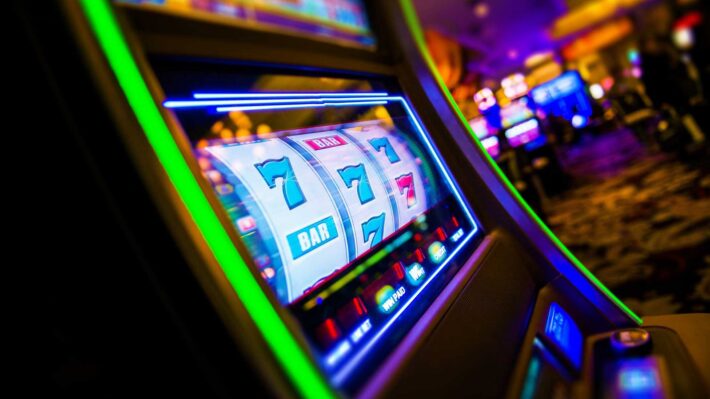Gambling can show up in some surprising places with even online games of chance, aimed at 11 to 12-year-olds, potentially addictive and can impact a child’s life far into adulthood.
The NSW Youth Gambling Study, produced by the Office of Responsible Gambling, found that 29.8 per cent of surveyed 11 to 12-year-olds had participated in monetary gambling and 40.1 per cent had played games with gambling components in the last year.
With half of those surveyed noticing gambling advertised on TV during sporting events, their gambling usually occurred with parents (53.7 per cent), followed by friends aged 17 or under (26.8 per cent), relatives aged 18 years or over (20.7 per cent), relatives under 18 years (20.1 per cent) and grandparents (19.5 per cent).
Hosted by Cumberland Council, a Gamble Aware online workshop for parents to learn more will be offered next Wednesday, March 15, 6-7pm.
Workshop facilitator Nadine De Villa said parents would learn strategies to help prevent young people from being affected by gambling harm.
She says gambling can trigger our brains’ reward system by releasing the ‘feel-good’ hormone, dopamine.
“If children are exposed to a lot of this, their brains get used to this ‘high,’ and it takes more to trigger their reward system. In the long term, they may lose interest in other simple activities that don’t have the adrenaline rush of gambling.”
Free but bookings essential: cumberland.nsw.gov.au.
Why parents must be ‘gamble aware’
THERE are plenty of things for parents to worry about – screen time, pandemic emotional fallout and drugs and alcohol to name a few but one thing a lot of parents may not be keeping an eye out for is the danger of gambling.


